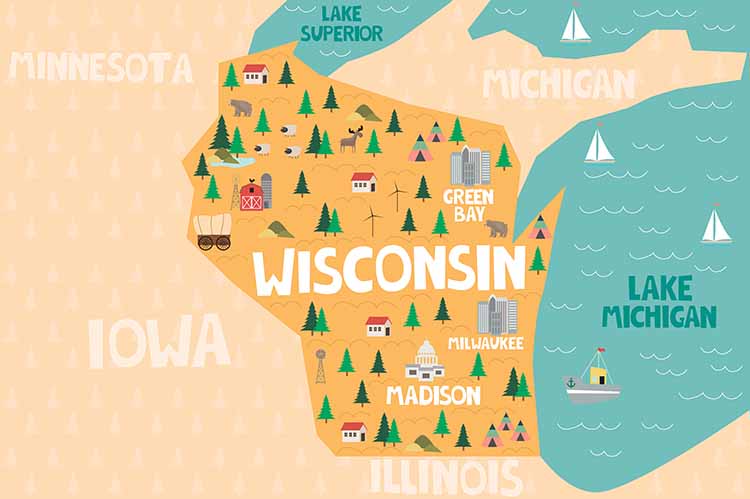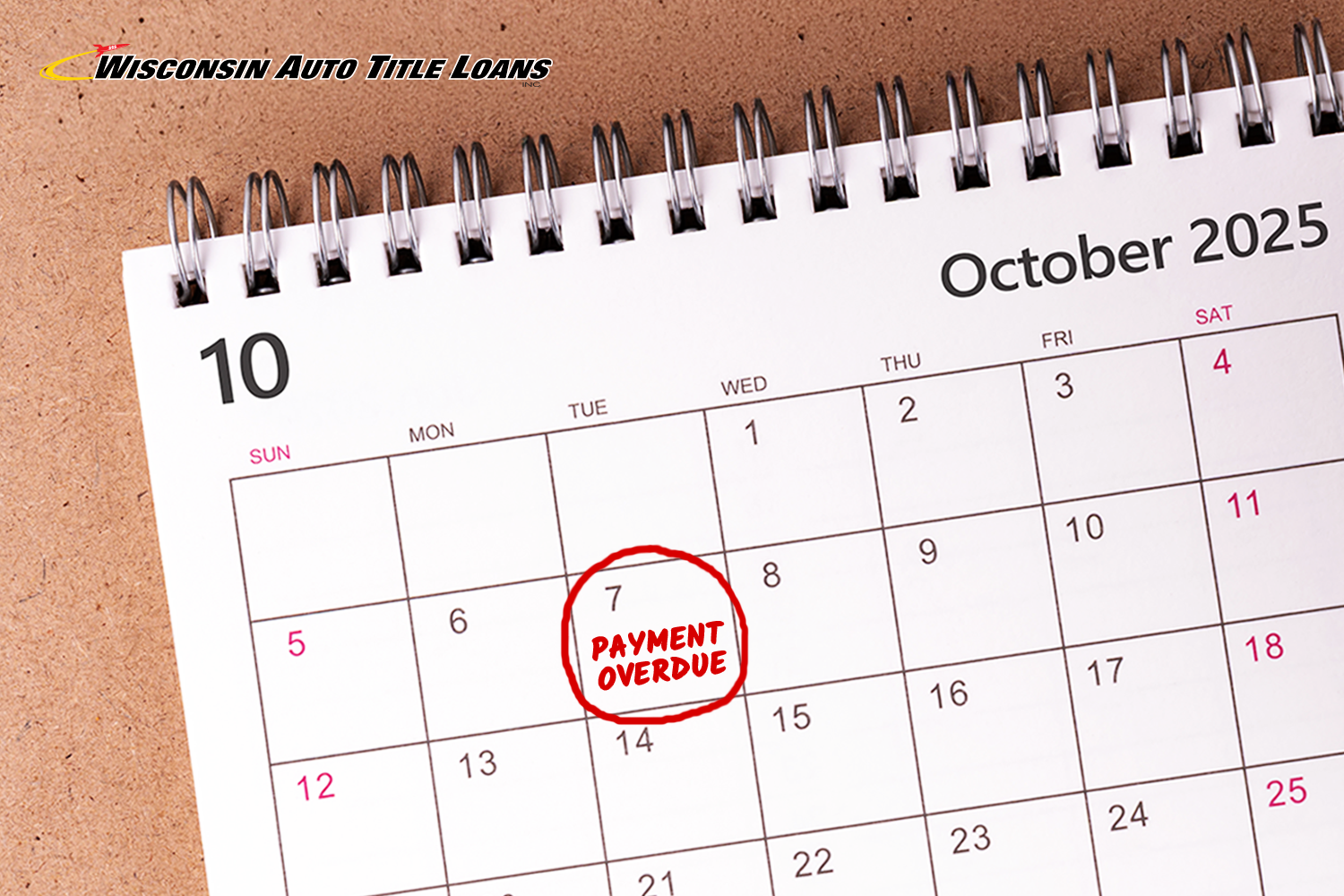




What’s the difference between title loans and installment loans?
Read More >>
Knowing how title loans work when you are unemployed can help you in a time of need. Learn how they work and how to qualify for one today.
Read More >>
Wondering how much you can get for car title loans in Wisconsin? Here is the answer you're looking for!
Read More >>
Do you want to qualify for a title loan today? Learn about our simple Wisconsin title loan requirements and how to get approved for emergency cash today!
Read More >>
Need help paying for missed payments? Learn how to get title loan help with bills you can't afford on time. Borrow up to $15,000 today!
Read More >>
Need emergency cash but don't want to give up your car? Learn how to get a title loan without needing to sacrifice your vehicle!
Read More >>
Learn the answer to seven common title loan questions. Discover information about loan amounts, requirements, and the approval process. Borrow title loans today!
Read More >>
Need to access emergency cash without hurting your credit score? Learn about online title loans in Wisconsin and how to borrow money with bad credit!
Read More >>
Want to borrow cash without hurting your credit score? Learn more about hassle-free borrowing options, including title loans and signature installment loans!
Read More >>
Learn everything you need to know about car title loans, including requirements, the approval process, and benefits. Borrow up to $15,000 with Wisconsin Auto Title Loans, Inc.!
Read More >>